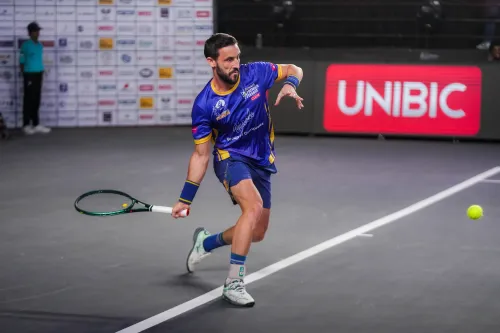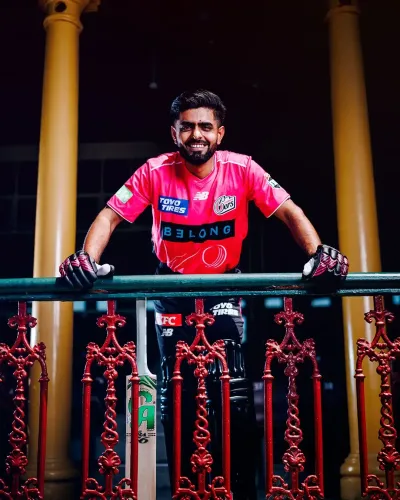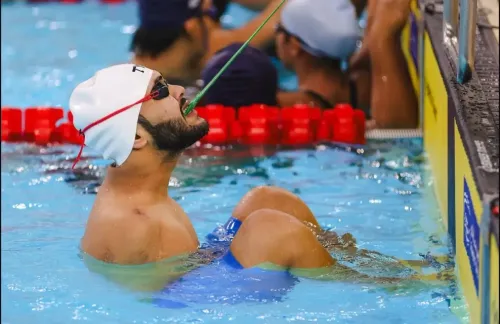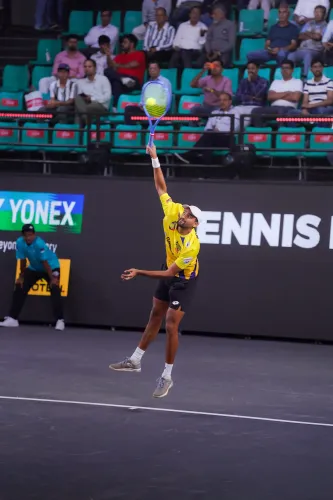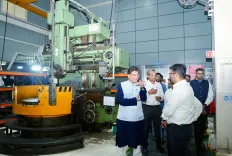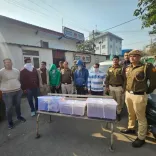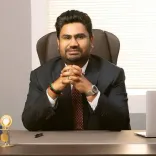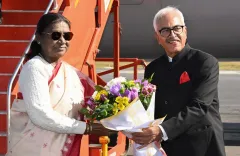Discussions on LA28 Preparations and India’s 2036 Olympics Bid at Chintan Shivir
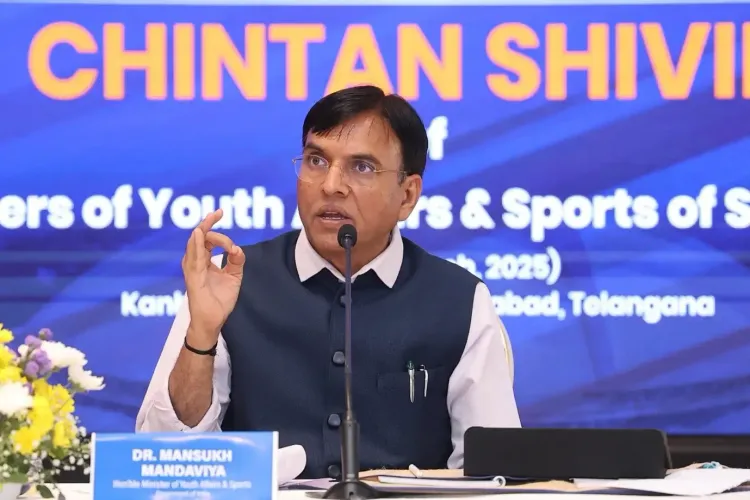
Synopsis
Key Takeaways
- Chintan Shivir aimed at preparing for LA28 and bidding for 2036 Olympics.
- Focus on enhancing sports infrastructure and governance.
- Importance of Khelo India initiative in nurturing young talent.
- Collaboration among states and stakeholders emphasized for progress.
- New initiatives announced to boost regional sports participation.
New Delhi, March 7 (NationPress) The Union Minister of Youth Affairs & Sports and Labour & Employment, Dr. Mansukh Mandaviya, presided over a two-day Chintan Shivir that concentrated on India's preparations for the Los Angeles 2028 Olympics and bolstering the country's bid to host the 2036 Summer Olympics at Kanha Shanti Vanam in Telangana on Friday.
In attendance was the Union Minister of State for Youth Affairs and Sports, Raksha Nikhil Khadse. The Shivir convened sports ministers from various States/UTs, senior sports administrators, pivotal government officials, and domain experts to share insights and devise a strategy for India's rise as a global sports powerhouse.
Dr. Mandaviya highlighted that Prime Minister Narendra Modi envisions India as the host of the 2036 Olympics and encouraged states to contribute actively to this goal. “The Chintan Shivir is an initiative inspired by the Prime Minister’s vision of effective governance. This platform allows us to collaborate and advance our dream of hosting the Olympics,” he remarked.
The Chintan Shivir promoted discussions on vital topics such as talent identification, coaching techniques, sports infrastructure, and the sustainable development of sports. Representatives from various States/UTs, including Jammu & Kashmir, Odisha, Haryana, Bihar, Kerala, Uttarakhand, Gujarat, and Uttar Pradesh, shared their best practices, with Dr. Mandaviya underlining the necessity of mutual learning to accelerate progress.
Reiterating India’s aspiration to become a global sporting giant, Dr. Mandaviya stated, “Transforming India into a Viksit Bharat by 2047 demands a well-organized and cooperative approach towards sports. While sports fall under State jurisdiction, a unified effort is vital to position India as a formidable sporting nation.”
A significant aspect of the dialogue was the influence of the Khelo India initiative in identifying and nurturing young athletes. Dr. Mandaviya reported that more than 2,800 Khelo India academies have been set up, and 937 out of 1,045 Khelo India Centres are currently in operation. He stressed the importance of creating a national athlete repository with unique IDs to monitor talent and ensure their growth within the system. “We cannot afford to let talent slip through the cracks. A scientific approach to talent identification and management, along with active participation from National Sports Federations, is essential for the Olympic mission,” he added.
Dr. Mandaviya also emphasized the necessity of strengthening grassroots sports by identifying young athletes aged between 9 and 14, nurturing them for long-term Olympic readiness. He announced that new initiatives under Khelo India, including beach games, water sports, and indigenous games, will be launched to encourage regional participation and enhance India’s sports culture.
Sports governance was another central theme of the discussions. Delegates highlighted the need for greater transparency in National Sports Federations to ensure equitable selection processes and instill confidence among parents to encourage their children to pursue sports as a career. The conversations centered around enhancing coordination among all stakeholders to develop an athlete-centric governance model.
Infrastructure development was also a significant focus, with an emphasis on optimizing the use of sports infrastructure across States, PSUs, Ministries, and the private sector. The discussions underscored the importance of a sustainable model where stadiums and existing infrastructure are utilized effectively. It was also proposed to establish District-Level Sports Schools (DLSSs) by upgrading existing schools to enhance grassroots-level talent scouting and training.
Throughout the day, attendees participated in a meditation session led by Padma Bhushan Daaji, promoting mindfulness and concentration. In the evening, a lively cultural program was held, showcasing India’s rich cultural heritage through traditional music, dance, and artistic performances, celebrating the nation’s diversity and spirit.


